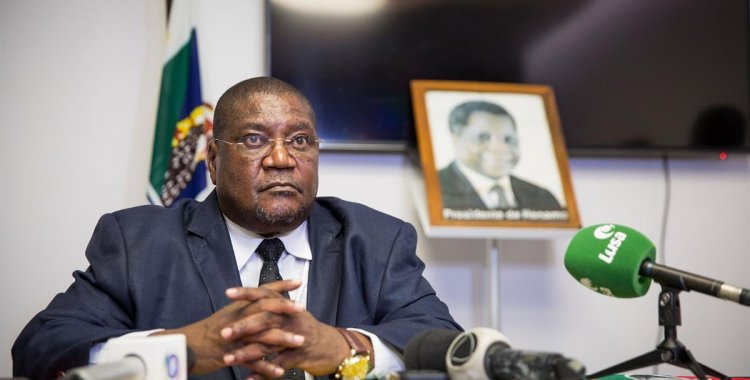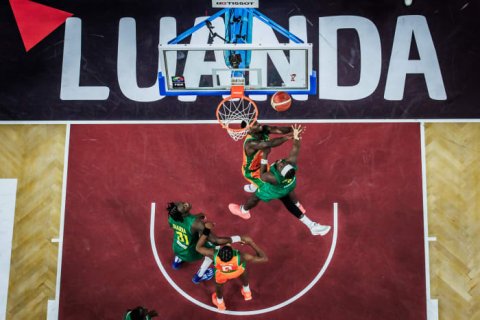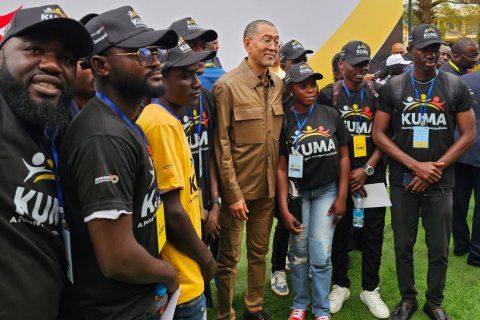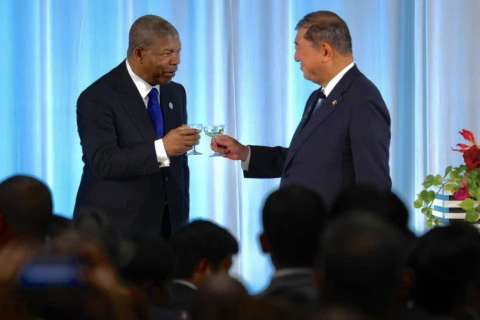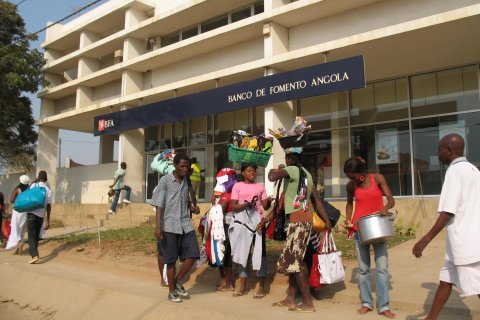"We don't need to go far, just look at Angola, where UNITA won and convinced, but is not governing, as a result of this electoral farce", said Ossufo Momade, leader of Renamo, during his speech at a conference on democracy in Africa, which takes place in Lisbon.
The leader of the opposition in Mozambique was speaking at the conference "Democracy in Africa", promoted by the International Democratic Center (IDC), which is taking place this Friday in Lisbon, in which he reviewed the main difficulties of implementing democracy in African countries, with special emphasis on Angola and his country, in which he considered that the electoral process has been "tainted" by the Mozambique Liberation Front (Frelimo) since 1994.
Ossufo Momade's criticisms came a few minutes after the UNITA president made an intervention in which he reviewed the main difficulties faced in guaranteeing fair elections in Angola.
"In three years of leading the opposition, I was never allowed to debate with President João Lourenço, I was never interviewed on public media channels, the Constitutional Court annulled, 10 months before the elections, the congress that elected the opposition candidate, who it had been done three years earlier", exemplified Adalberto da Costa Júnior in his intervention at the conference on democracy in Africa, in which he considered that he won the August 2022 elections.
"I make an appeal from here to the African Union, the European Union, the Portuguese parliament and the United States not to close their eyes to the unconstitutional acts that the ruling party has done and is doing to stay in power and perpetuate poverty, difficulties and the crises that affect the rights and freedom of the people", said the president of UNITA.
Among the various examples of electoral irregularities, Adalberto da Costa Júnior criticized the "collusion" of several countries and institutions, including the World Bank, which, he said, "approved financing programs formally designed to buy votes", and said that there are "thousands of Angolans leaving the country after the elections".
Criticism of the electoral process was also one of the strong lines of the Mozambican opposition leader's speech: "In Mozambique, the electoral process has been flawed since 1994, with adulteration of the electoral register, ghost voters, poor electoral registration in areas where people most support the opposition, political intolerance, intimidation and murder of opposition members, academics, activists and journalists by the security forces, all to intimidate voters", said Ossufo Momade, explaining that all this is done "at the behest of those who govern the country for over 40 years".
In his speech, the president of Renamo, which is contesting municipal elections at the end of the year and presidential elections in 2024, said that in Mozambique "elections are far from being free, fair and transparent", but stressed that even so it was possible to obtain some electoral victories. .
"Despite the confrontation between the army and a heavily armed police with armored tanks against completely unprotected opposition members, we managed to resist and achieve some victories, we elected deputies to the National Assembly, we won some municipalities and municipal assemblies and we are government in some municipalities; in last municipal elections of 2018, for example, we won almost half of the 53 municipalities, but we govern only eight", he said.
The situation in Mozambique, where Frelimo has always governed since independence, like the MPLA in Angola, "the situation has changed and is favorable for the opposition to win", which is difficult in the current context, he said.
"It's chilling to say, but people have been buried alive, including members of authority, which is a clear sign of the population's saturation with the regime", concluded the Mozambican politician.
The problem, he pointed out, is not exclusive to Mozambique or Angola, but a concern that crosses several African countries, where there is no clear separation between the ruling party and the State.
"Citizens, no matter how qualified and competent they may be, cannot occupy a prominent place in public administration if they do not belong to the party that supports the Government", lamented Ossufo Momade.
Earlier, Adalberto da Costa Júnior had already used the Economist Intelligence Unit index, the economic analysis unit of The Economist magazine, to conclude that "only one democracy is full, Mauritius, with six imperfect ones, including Cape Verde, 14 hybrids and 23 autocratic countries, including Angola and Mozambique".
The colonial past, he concluded, "does not explain the current difficulties, but the ruling elites and the constitutional coups, as happened in Angola and Equatorial Guinea".
The meeting taking place in Lisbon has the theme "Democracy in Africa", and is promoted by the International Democratic Center (IDC), which brings together more than 90 political parties, and takes place at the headquarters of the Union of Portuguese Language Capital Cities (UCCLA) .

